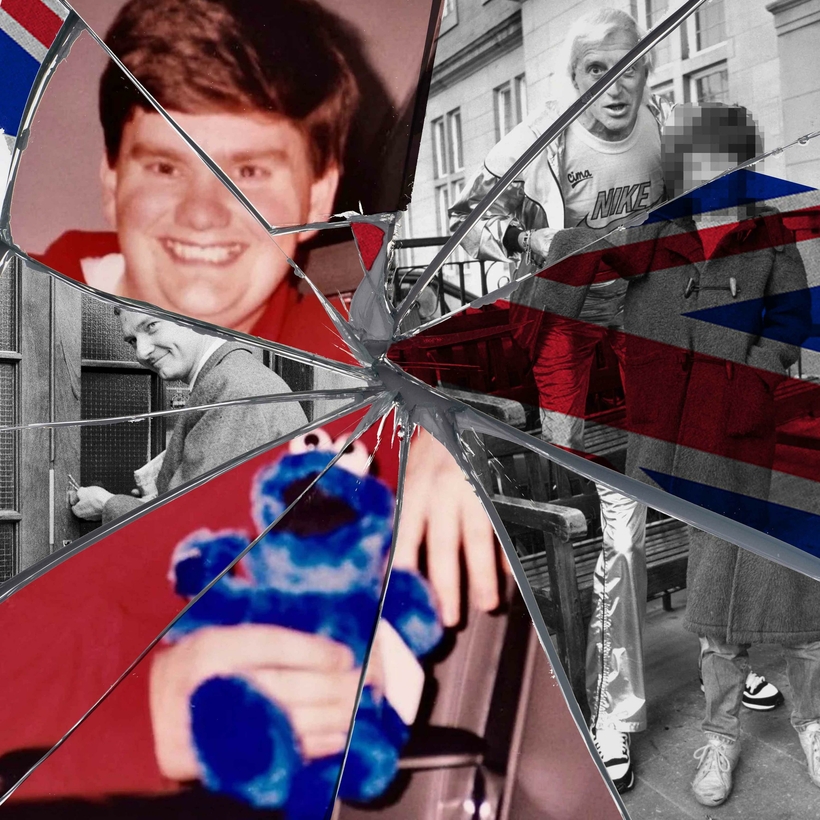Britain does a good line in scandal. The Profumo affair, the abdication of King Edward VIII, and Prince Andrew’s relationship with Jeffrey Epstein are just a few. Each one starts small, seems almost unbelievable, and then turns out to be true.
Take the latest, the Post Office scandal, which was the subject of the recent hit TV show Mr Bates vs the Post Office. In what British prime minister Rishi Sunak called “one of the greatest miscarriages of justice in our nation’s history,” around 3,500 men and women who ran small branches of Britain’s postal service were wrongly accused of—and in some cases wrongly jailed for—theft, false accounting, and fraud. Some committed suicide. But all along a toxic combination of venal Post Office management and a faulty computer system was to blame.

